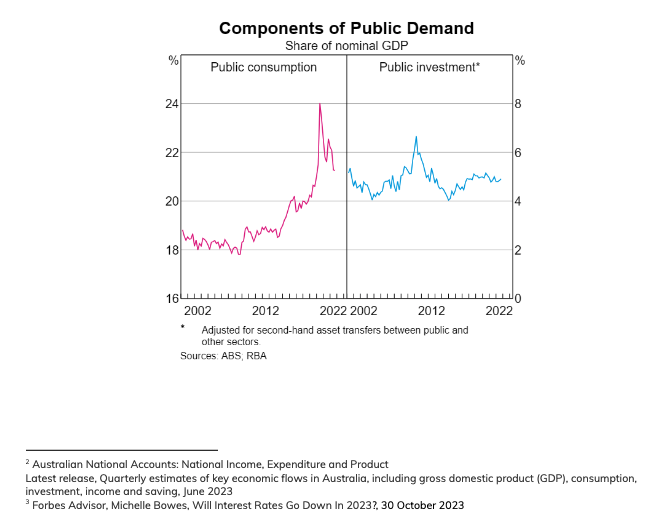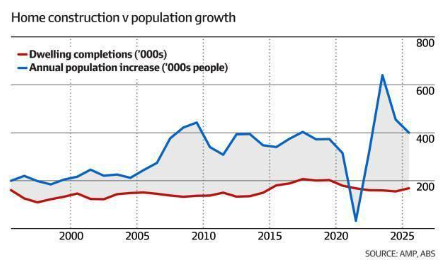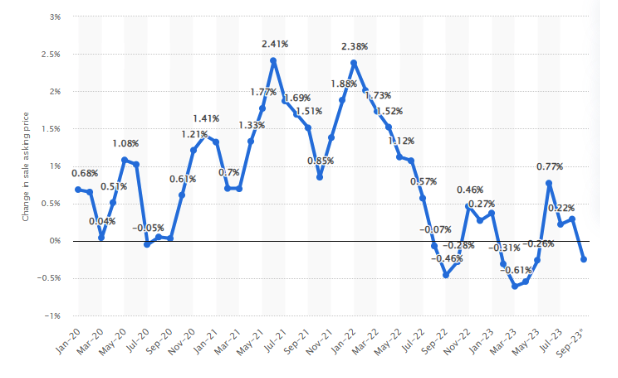At Australian Securities, our team is the heart of our success. Today, we’re delighted to introduce you to Jassika, our Operations Manager, who has been an integral part of our team for the last two years.
"It has been an absolute pleasure having Jassika on our team for the past two years. She is the glue that holds us together. Jassika's problem-solving skills and adaptability in a dynamic financial environment are highly valued by everyone at ASL."
Natalie Bode, CEO
Q&A with Jassika Sothinathan
Q. Tell us about your role at Australian Securities.
Q. Name one of the most important lessons you’ve learnt throughout your career.
Q. Which Australian Securities value do you resonate with the most and why?
When asked about the Australian Securities value that resonates with her the most, Jassika doesn’t hesitate. “The value I resonate the most with is Trustworthiness. Trust is the foundation of any relationship, whether with clients, colleagues or personal relationships. It ensures that we create strong, lasting, loyal relationships and uphold the highest standards in everything we do.”
At Australian Securities, trust is at the core of what we do. We understand that our clients and the financial advisors we work with entrust us with their financial futures. As Jassika emphasises, by consistently delivering on our promises and communicating transparently, we strengthen these vital bonds.
Q. How do you like to spend your time when you aren’t working?
Jassika has an entrepreneurial spirit inspired by her parents, who started their own business when she was just 5. “If I weren’t in Finance, I would probably run my own business,” she shares. “Seeing my parents run their own business and create a name for themselves in the community is inspiring.”
Q. What would you do (for a career) if you weren’t doing this?
Outside of work, Jassika’s passion lies in Indian dancing. “When I’m not working, you’ll find me dancing or choreographing,” she explains. “I’ve learnt classical Indian dancing from the age of 5, and I now run a side gig with my friend where we perform at various events and teach wedding dances, which is a big part of South Asian culture.” This creative outlet provides a beautiful balance to her analytical work at Australian Securities.
Q. Do you have a favourite person, book, blog or podcast that has influenced your life and career?
Jassika says her mother has had the biggest influence on her life and career. “My mum instilled my core values in me and is also the reason I got into dancing. She taught me the importance of integrity, responsibility, and always giving 100% in everything you do.”
If there were one piece of advice you would have to share with existing and prospective clients, what would it be?
For our clients, both existing and prospective, Jassika has one key piece of advice: “One piece of advice I would share with existing and prospective clients is to always be transparent and communicate openly. Help us help you.” At Australian Securities, we’re here to serve our clients’ needs in the most effective way possible, and open communication is essential to that process.
We’re proud to have Jassika as part of our Australian Securities family. Her commitment to trust, adaptability, and excellence embodies the values we hold dear. As we continue to serve our clients with their lending and investment needs, we know that with team members like Jassika, we’re in the best hands possible.
Want to find out more about our loan division?
Call us on 1300 275 275 to talk to one of our team. We prioritise direct communication and personalised support for our clients.
If you liked this article, please share.














